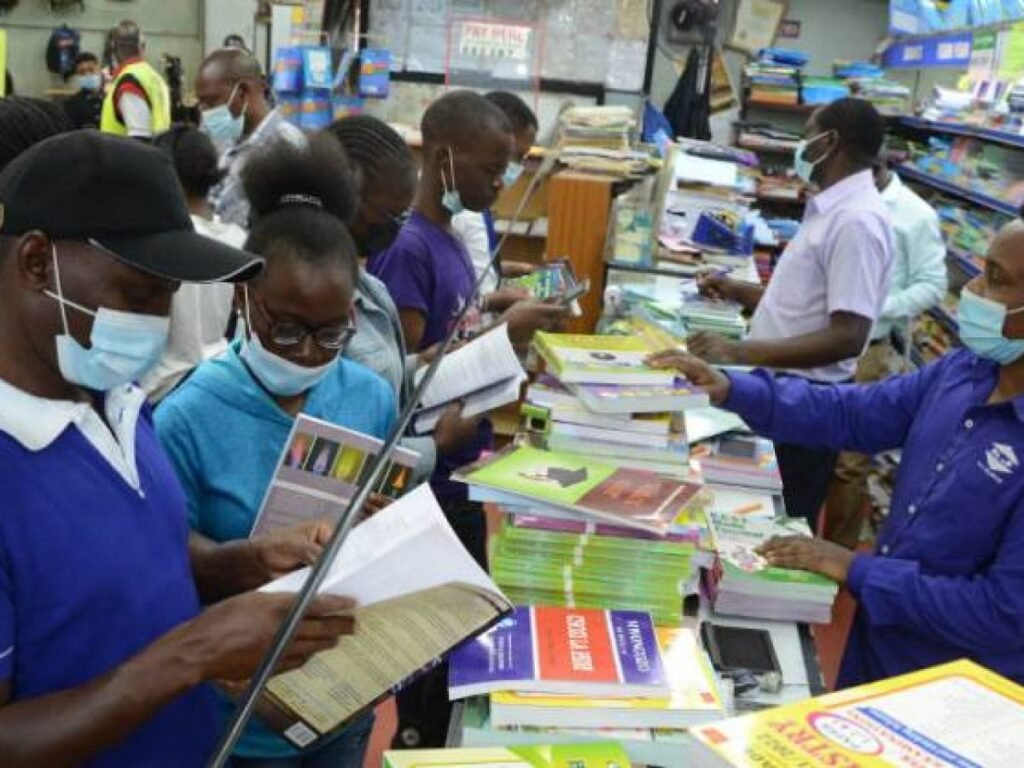General News
Kakamega Woman Kills Husband Over Co-wife, Solar Panel

A Kakamega woman has admitted to murdering her husband after he disconnected their solar panel from her house and fitting it in her co-wife house.
Before the High Court in Kakamega, Joy Trizar Shitubi pleaded guilty to the charge of man-slaughtering her husband on October 26, 2017 at Emachoni village.
“I stabbed my husband Joseph Waboko Mbayi on the material date without malice aforethought,” said Shitubi who had entered a plea bargain deal with the prosecution to plead guilty for manslaughter instead of the more serious murder charge.
Narrating her ordinance, Shitubi explained she was preparing food for dinner when her husband, Mbayi came and disconnected the solar panel from her house and took it to the first wife’s house.
According to her, her husband later returned back and grabbed her by the neck and started strangling her when she protested against the action of snatching the solar panel from her and could not reveal where its charger was.
“I struggled to come out of the strangling but he hit me in the face and tried to grab the knife I was using to peel tomatoes from my hand,” she said. “Amidst the struggle I unfortunately happened to stab him with the knife in the chest fatally injuring him.”
Meanwhile, the sister to Mbayi, Ester, who witnessed the incident claims that her brother was provoked to start the fight when her sister-in-law could not reveal where she had kept the charger to the solar panel.
She confirmed that her brother hit Joy on the face with a fist and a struggle ensued between them leading to the fatal stab. The first wife said Mbayi went to her co-wife’s house and disconnected the solar plate that had initially been installed in her house. She added that after her husband returned the solar panel back to her house and went back to Shitubi’s house to collect the charger.
“I later heard screams of a child coming from the house and when I went, I found our husband lying on the floor with blood coming from his chest,” she said.
When cop Jael Kwamboka, from Mahondo Administration Police Post arrested Shitubi as Mbayi was taken to hospital where he was pronounced dead on arrival. According to autopsy report, the cause of death was a stab wound to the chest.
General News
IMF Criticizes Kenya’s Fuel Subsidy Re-Introduction, Warns of Budget Distortion

The International Monetary Fund (IMF) has criticized Kenya for re-implementing the fuel subsidy scheme, expressing concerns that the lack of funds to pay oil marketers could distort the budget.
Despite a previous commitment by President William Ruto in 2022 not to subsidize pump prices, the government reintroduced the subsidy, preventing petrol and diesel prices from reaching higher levels in October 2023.
The IMF argues that the subsidy was applied without available funds, as the Treasury has yet to pay oil marketers at least Ksh9 billion ($55.6 million) accumulated from the previous year. President Ruto’s decision to reinstate subsidies goes against conditions set by the IMF for accessing loans.
Petrol and diesel prices, which were Ksh217.36 ($1.34) and Ksh205.47 ($1.27) respectively in Nairobi in October 2023, remained lower than the potential Ksh220.43 ($1.36) and Ksh217.11 ($1.34) due to the subsidy. However, the IMF disapproves of the decision, emphasizing that the removal of the subsidy was a key condition for a 38-month budget support scheme.
The IMF criticizes the prolonged process of forming a taskforce and delays in implementing decisions regarding fuel pricing.
The removal of the subsidy in May of the previous year led to record-high pump prices, crossing the Ksh200-mark later in the year due to a combination of subsidy removal and a VAT increase to 16 percent.
Kenya’s administration, faced with rising fuel costs, chose to reinstate the subsidy, prompting the IMF to raise alarms over the lack of budgeted funds and potential distortions in the country’s financial plans.
The ongoing disagreement highlights the challenges and consequences associated with balancing domestic economic policies and meeting international financial commitments
General News
Parents in Meru County Turn to Second-Hand Books Amid Economic Hardships

As the back-to-school rush season unfolds in Meru County, a growing number of parents are making a strategic choice to purchase second-hand books for their children.
This decision stems from the challenging economic conditions that have prompted families to seek ways to cut costs.
Among these parents is Ms. Prisca Gakii, who revealed that opting for second-hand books allows her to save money, which can then be allocated towards essential expenses like school fees.
She highlighted a practical advantage for Form-One students, emphasizing that using older books can protect them from potential theft, as new books often become targets for less scrupulous classmates.

Ms. Gakii pointed out a notable price difference, citing an example of a new Oxford dictionary priced at almost Sh1,900, compared to a used one available for Sh1400.
She justified her preference for the older but more affordable option, emphasizing that they contain the same content.
Janet Wamuyu, a second-hand books trader, shed light on the lucrative nature of their business during the opening of the first term, which coincides with the peak season.
As learners transition to new grades or classes, there is a heightened demand for various books, including dictionaries, Kamusi, and Golden Bells.

Wamuyu explained that this period, especially when Form-One students are joining school, facilitates easy acquisition of books for new stock.
The trading process involves exchanging books for the next grade or class at a lower rate, providing an economical alternative for parents instead of purchasing an entirely new set of books.
She further noted that their source of new stock comes from parents whose children have completed their studies and no longer require the books.
Despite the success during the peak season, Wamuyu acknowledged the challenges faced during other times of the year when only a few revision books are in demand, highlighting the cyclical nature of the business in Meru County.















